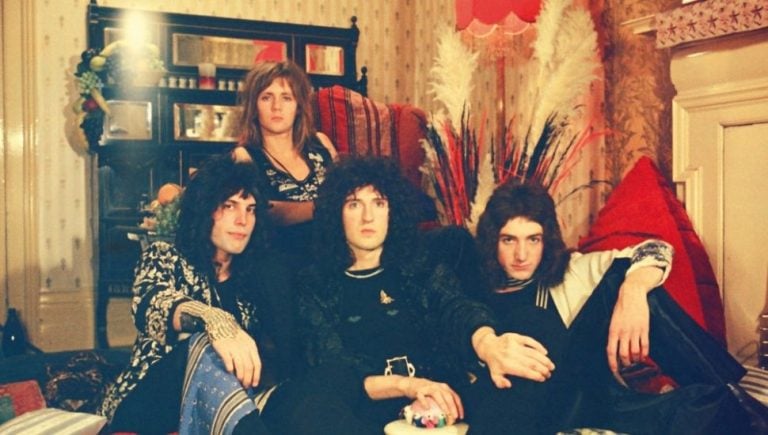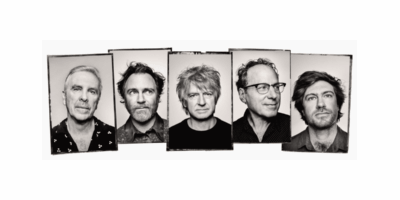Queen’s Roger Taylor has looked back on the early days of the band and not being “really sure” if Freddie Mercury could sing.
In an interview with Classic Rock, Roger Taylor opened up about the first time he ever met Freddie Mercury.
“It was at my flat in Shepherd’s Bush. He was a mate of Tim [Staffell, singer with May and Taylor’s pre-Queen band Smile] from Ealing college. He was on the periphery, just a mate, really,” he said.
He continued: “He had musical aspirations, but we were quite good players and we weren’t really sure if he could sing.”
“But his drive, and determination to write original stuff, was great. And of course, we became huge friends because we had the stall. We were living in each others’ pockets, scrubbing together to eat.”
When asked whether the pair would hang out in “trendy clubs” back in the day, Taylor replied: “oh no, we couldn’t afford stuff like that. We’d be in a pub, and then we’d probably meet some girls and try to get some drinks off them.”
Taylor continued on to reveal that people believed Mercury to be “outrageous” when Queen performed their first gig in 1970.
Love Music?
Get your daily dose of metal, rock, indie, pop, and everything else in between.
“My mother put on the gig. It was for the Red Cross. People did not know what to make of the not-quite-fully-formed Freddie, who was fairly outrageous,” he said.
Upon being asked whether the band would still be together if Mercury were still alive, Taylor explained he didn’t think they’d be performing live.
“I can’t give you a definitive answer, obviously, but I’d guess it would still be together in some form. I don’t think Freddie would have wanted to do it in the same way,” he said.
“I don’t think we would be performing live. I think we probably would still have been making music – because that’s what we did. And Freddie was obsessed with music.”
For more on this topic, head over to the Classic Rock Observer.
Check out ‘Don’t Stop Me Now’ by Queen:


































